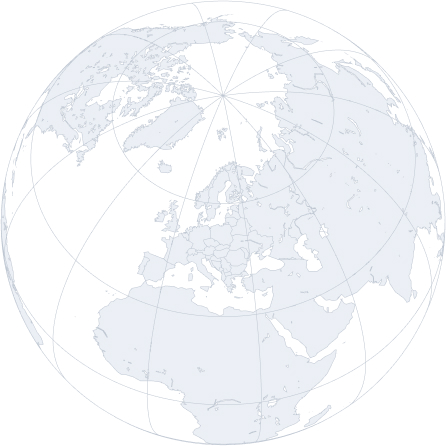
Country and Sector Risk Dashboard
Consult our country risk and business climate assessments for +160 countries and 13 sectors.
Latest news
#Economic publications
Country and Sector Risks Barometer: Turbulence ahead?
#Economic publications
Asia: Overall improvement but worsening payment behavior in textile and construction
Country Risk Analysis
162 country assessments, drawn up based on macroeconomic, financial and political data, provide an estimate of the average credit risk of a country’s businesses. This invaluable tool gives an indication of a country’s potential influence on businesses’ financial commitments.
Compare countries
Country Risk Map
Get an overview of all country risks thanks to our interactive map.
Latest Country Risk Assessment changes
Compare risk assessments between several countries
Select a geographical area and a country risk and/or business climate assessment, and compare the risks between different countries.
Sector Risk Analysis
Every quarter, our economists assess 13 sectors from six geographical regions based on our expertise and financial data published by over 6,000 listed companies. Our credit risk statistical indicator simultaneously synthesizes the evolution of five financial indicators (changes in revenue, profitability, the net debt ratio, cashflow, and claims observed by our network).
Compare sector riskLatest Sector Risk Assessment changes
See all Sector risks assessmentsLatest news
#Economic publications
#Our solutions
#Economic publications
How can Coface help you?
Online services for customers and brokers
- CofaNet
Customer Portal - CofaNet
Coface online platform for managing your trade receivables. Full monitoring of your risks. Direct access to all tools according to your contracts.
- Broker Portal
Broker Portal
Platform dedicated to brokers for monitoring your business and managing your customer portfolio (in all countries where legally available).
- iCON
iCON
iCON is the business information solution designed to help you better understand risk. Learn how to identify the financial situation of your partners and customers.
Innovative and digital solutions
- Coface API
Coface API
Stop juggling between software applications. Explore Coface API Catalogue and Integrated Solutions for Icon by Coface and trade credit insurance.







